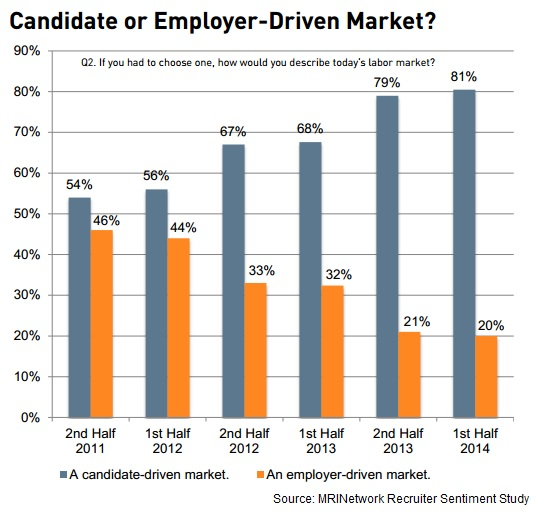Max Shireson, the CEO of mongoDB, turned in his resignation this past week. That announcement in itself isn’t really that big of a deal, CEOs turn in resignations every day. The reason he turned in his resignation is huge. I’ll let him tell it in his own words from a letter he sent to mongoDB’s workforce:
“Earlier this summer, Matt Lauer asked Mary Barra, the CEO of GM, whether she could balance the demands of being a mom and being a CEO. The Atlantic asked similar questions of PepsiCo’s female CEO Indra Nooyi. As a male CEO, I have been asked what kind of car I drive and what type of music I like, but never how I balance the demands of being both a dad and a CEO.
While the press haven’t asked me, it is a question that I often ask myself. Here is my situation:
* I have 3 wonderful kids at home, aged 14, 12 and 9, and I love spending time with them: skiing, cooking, playing backgammon, swimming, watching movies or Warriors or Giants games, talking, whatever.
* I am on pace to fly 300,000 miles this year, all the normal CEO travel plus commuting between Palo Alto and New York every 2-3 weeks. During that travel, I have missed a lot of family fun, perhaps more importantly, I was not with my kids when our puppy was hit by a car or when my son had (minor and successful, and of course unexpected) emergency surgery.
* I have an amazing wife who also has an important career; she is a doctor and professor at Stanford where, in addition to her clinical duties, she runs their training program for high risk obstetricians and conducts research on on prematurity, surgical techniques, and other topics. She is a fantastic mom, brilliant, beautiful, and infinitely patient with me. I love her, I am forever in her debt for finding a way to keep the family working despite my crazy travel. I should not continue abusing that patience.
Friends and colleagues often ask my wife how she balances her job and motherhood. Somehow, the same people don’t ask me.”
When we talk about ‘inclusion’ we aren’t really talking about everyone. That’s the problem. We wonder how possibly a woman could handle the pressures of being a CEO and being a Mom, but we never wonder, or even care, how a man handles the pressure of being a CEO and a Dad. It’s expected a man can do both, we question if a woman can do both.
There is a cultural expectation, wrongly, that as a man I can be CEO and a Dad and perform just fine. As a woman, I’ll have trouble doing both jobs, because the Mom does more than the Dad. The mom cooks and cleans and nurtures and schedules and kisses booboos and, well, does everything for the family. The lazy asshole Dad comes home and waits for the Mom to fix him dinner and his drink. Really!?! Is that where we are in 2014?
I’m a Dad and a President of a company. I feel for Max. My wife does a ton, it can’t even be measured. I don’t expect her to do everything and help out a ton with parenting when and where I can. I assume if the roles were changed and my wife was a CEO, I would have to pick up more of her home and parenting duties.
This goes beyond just duties, though, this is about emotional connection. As a Dad, like Max, why should I have less of a connection as a parent than my wife. Why do we throw that cultural expectation onto our employees, on to our executives? As a father I frequently feel failure. Maybe it’s because I missed being able to have lunch with my son at school. Maybe it’s because my wife has a stronger relationship with my kids than I do. Maybe it’s because I trying to live up to a cultural expectation that I should be less of a parent.
No one ever wants to talk about how hard a man has it, trying to be a father and work. It’s not ‘politically’ correct. Men have it easier. End of story. That sucks sometimes.

